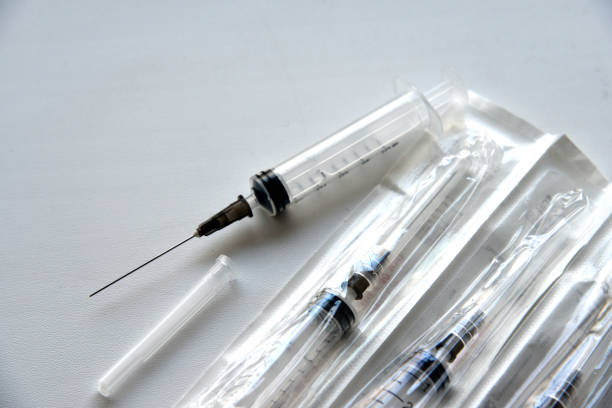
Introduction
Syringes are one of the most commonly used medical consumables in hospitals, clinics, and home care. Choosing the correct syringe size is crucial for ensuring accurate dosage, patient safety, and treatment efficiency. In this guide, we’ll explain the different syringe sizes (1ml–60ml) and how to select the right one for your application.
Syringes come in multiple capacities, each designed for specific medical uses:
1ml syringe – Often used for insulin or pediatric injections.
2ml–5ml syringe – Suitable for vaccines, medications, and intramuscular injections.
10ml syringe – Commonly used for medications, flushing IV lines, or drawing blood.
20ml syringe – Frequently used for irrigation or large-volume injections.
50ml–60ml syringe – Used in wound irrigation, enteral feeding, or aspiration procedures.
Small-volume syringes (1ml–5ml): Ideal for precise dosing such as insulin injections or vaccines.
Medium-volume syringes (10ml–20ml): Perfect for general hospital procedures and IV line flushing.
Large-volume syringes (50ml–60ml): Best for wound irrigation, tube feeding, or fluid extraction.
Luer Lock syringes provide a secure connection, preventing accidental needle detachment.
Luer Slip syringes allow quick needle attachment, ideal for situations requiring fast changes.
Hospitals and clinics usually source syringes from authorized suppliers. If you’re looking for high-quality disposable syringes for hospital use, TICARE® provides a wide range of options from 1ml to 60ml with Luer Slip and Luer Lock designs.
Conclusion
The right syringe size ensures safe, effective medical care. Whether you need a 1ml syringe for precise injections or a 60ml syringe for irrigation, choosing the proper size makes all the difference.
Q1: What is the smallest syringe size?
The smallest commonly available syringe size is 1ml, often used for insulin or pediatric injections.
Q2: What is the largest syringe size?
Medical syringes are available up to 60ml, typically used for irrigation or tube feeding.
Q3: Which syringe size is best for injections?
For most injections, a 2ml–5ml syringe is used, depending on dosage and application.
Q4: Can I reuse disposable syringes?
No, disposable syringes are single-use only to prevent infection and contamination.